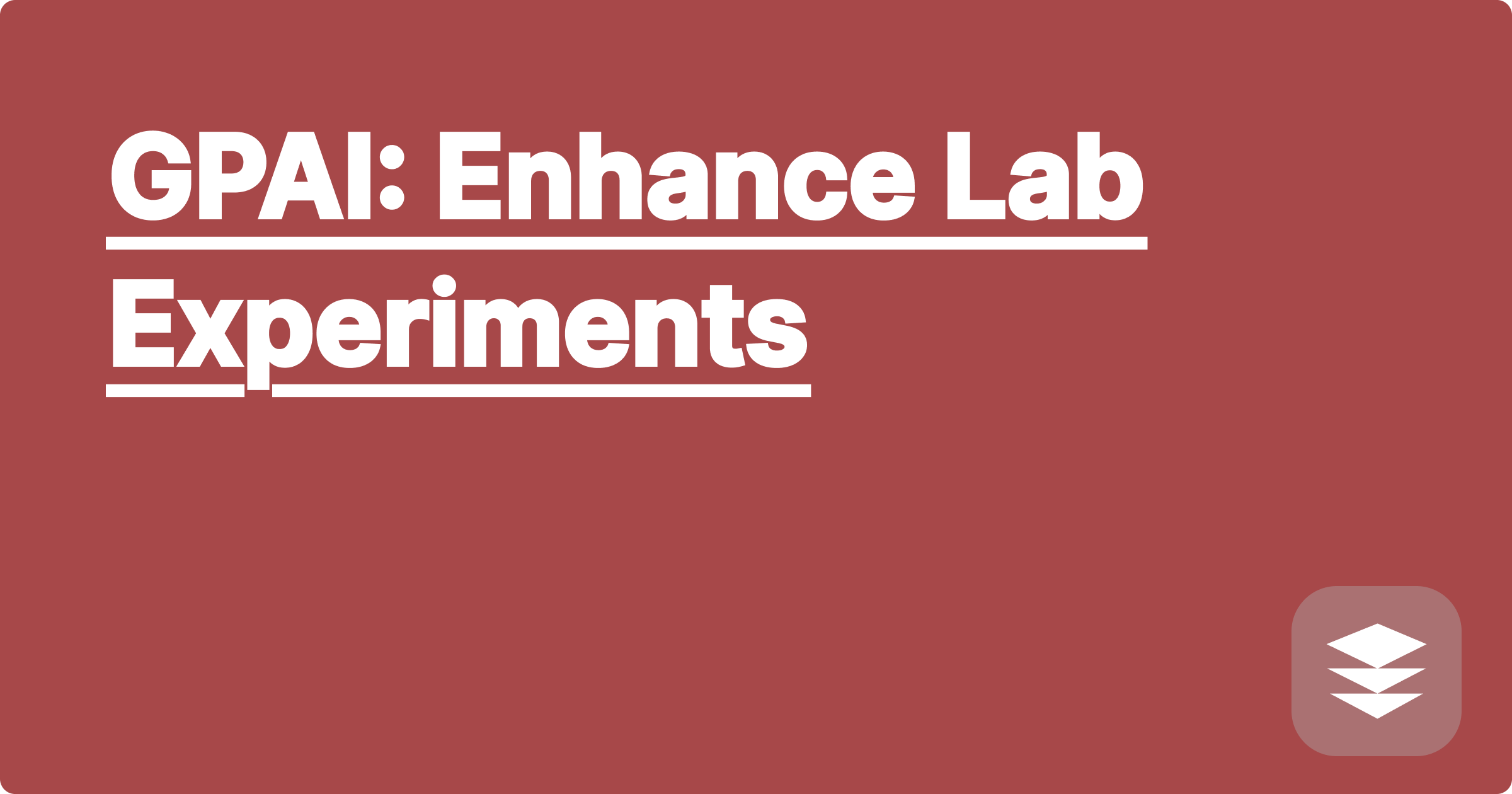
STEM fields often face the challenge of optimizing complex lab experiments. These experiments can be resource-intensive, requiring significant time, materials, and computational power. Artificial intelligence offers a promising avenue for enhancing lab experiment efficiency and accelerating scientific discovery. AI can automate tedious tasks, analyze large datasets, and even suggest optimal experimental parameters, ultimately leading to faster and more insightful research outcomes. This shift towards AI-powered experimentation is transforming the STEM landscape.
For STEM students and researchers, understanding and leveraging AI tools is no longer optional, it’s essential. The ability to harness the power of AI in lab settings can significantly impact research productivity and career advancement. Embracing these technologies can lead to more efficient data analysis, faster experimental iterations, and ultimately, more impactful research contributions. By integrating AI into their workflows, students and researchers can position themselves at the forefront of scientific innovation.
Designing and executing effective lab experiments is a multifaceted challenge. Researchers often grapple with optimizing numerous variables, including material selection, temperature control, reaction times, and measurement precision. Traditional experimental design methods can be time-consuming and often rely on trial-and-error approaches. Furthermore, analyzing the resulting data can be complex, particularly with large datasets generated by modern instrumentation. Extracting meaningful insights from this data requires sophisticated analytical techniques, often demanding specialized programming skills and computational resources. This complexity can hinder research progress and limit the scope of scientific inquiry.
AI tools like ChatGPT, Claude, and Wolfram Alpha offer powerful solutions to address these challenges. ChatGPT and Claude can assist with literature reviews, experimental design brainstorming, and even generating code for data analysis. They can be used to explore different experimental setups, predict potential outcomes based on existing data, and even suggest alternative approaches. Wolfram Alpha excels at complex calculations, symbolic manipulations, and data visualization. It can be used to analyze experimental data, model physical phenomena, and generate interactive reports. By integrating these tools into the experimental workflow, researchers can significantly enhance their efficiency and gain deeper insights from their data.
Begin by clearly defining the research question and outlining the experimental objectives. This provides a framework for AI assistance. Next, use ChatGPT or Claude to conduct a thorough literature review, summarizing relevant research and identifying potential experimental approaches. These tools can synthesize information from vast databases, saving significant time and effort. Once a preliminary experimental design is formulated, employ Wolfram Alpha to simulate the experiment and predict potential outcomes. This allows for virtual experimentation, optimizing parameters before conducting physical experiments. During the actual experiment, AI tools can automate data collection and perform real-time analysis. Finally, after the experiment, use these tools to analyze the collected data, visualize results, and generate comprehensive reports. This streamlined workflow, powered by AI, optimizes every stage of the experimental process.
Consider a chemical engineering experiment aimed at optimizing the yield of a specific reaction. ChatGPT can be used to research different catalysts and reaction conditions. For instance, prompting ChatGPT with "Summarize the effectiveness of palladium catalysts in Suzuki coupling reactions" can provide valuable background information. Wolfram Alpha can then be used to model the reaction kinetics, for example, by inputting the rate equation: d[Product]/dt = k[Reactant A][Reactant B]. By varying the parameters in the model, such as temperature and catalyst concentration, researchers can predict the optimal reaction conditions before performing the actual experiment. This predictive capability significantly reduces the need for extensive trial-and-error experimentation, saving valuable time and resources.
To effectively integrate AI into STEM education and research, focus on developing a strong understanding of the underlying principles of both the scientific domain and the AI tools. Don't treat AI as a black box; instead, strive to understand how these tools function and interpret their outputs critically. Furthermore, learn how to formulate effective prompts for ChatGPT and Claude to extract the most relevant information. Practice using Wolfram Alpha for various calculations and data visualizations. Explore online resources and tutorials to deepen your understanding of these tools. By actively engaging with these technologies and integrating them thoughtfully into your workflow, you can significantly enhance your research productivity and academic success.
Concluding, the integration of AI into STEM lab experiments represents a paradigm shift in scientific research. By embracing these powerful tools, students and researchers can streamline their workflows, gain deeper insights from their data, and accelerate scientific discovery. Start exploring these tools today and unlock the full potential of AI in your STEM journey. Engage with online communities, attend workshops, and continuously explore new applications of AI in your field. The future of STEM research is AI-powered, and by embracing this future, you can position yourself at the forefront of innovation.
AI Lab Assistant: Boost Efficiency
AI Math Tutor: Solve Any Problem
AI Research Tool: Data Insights